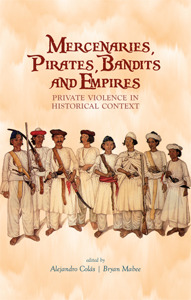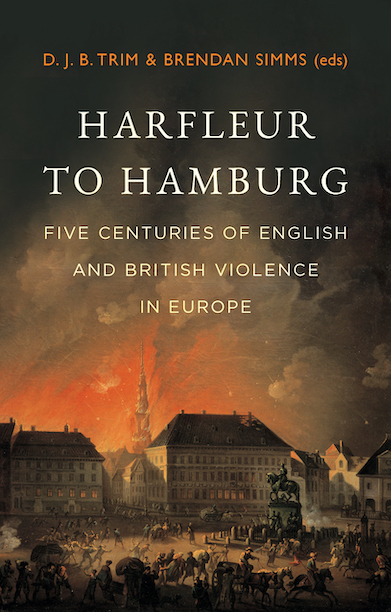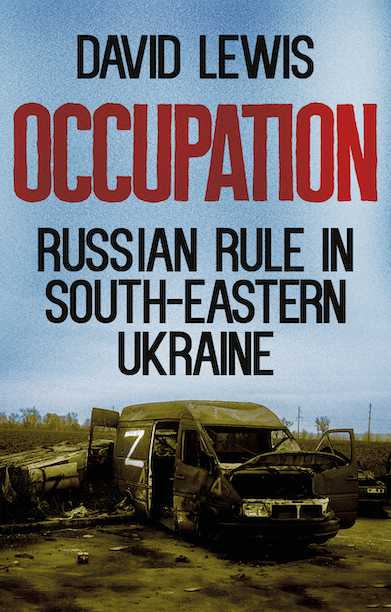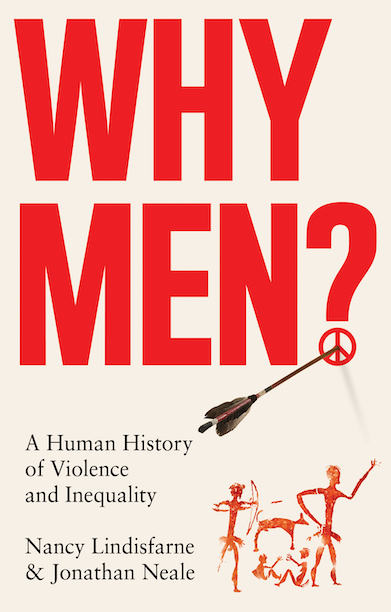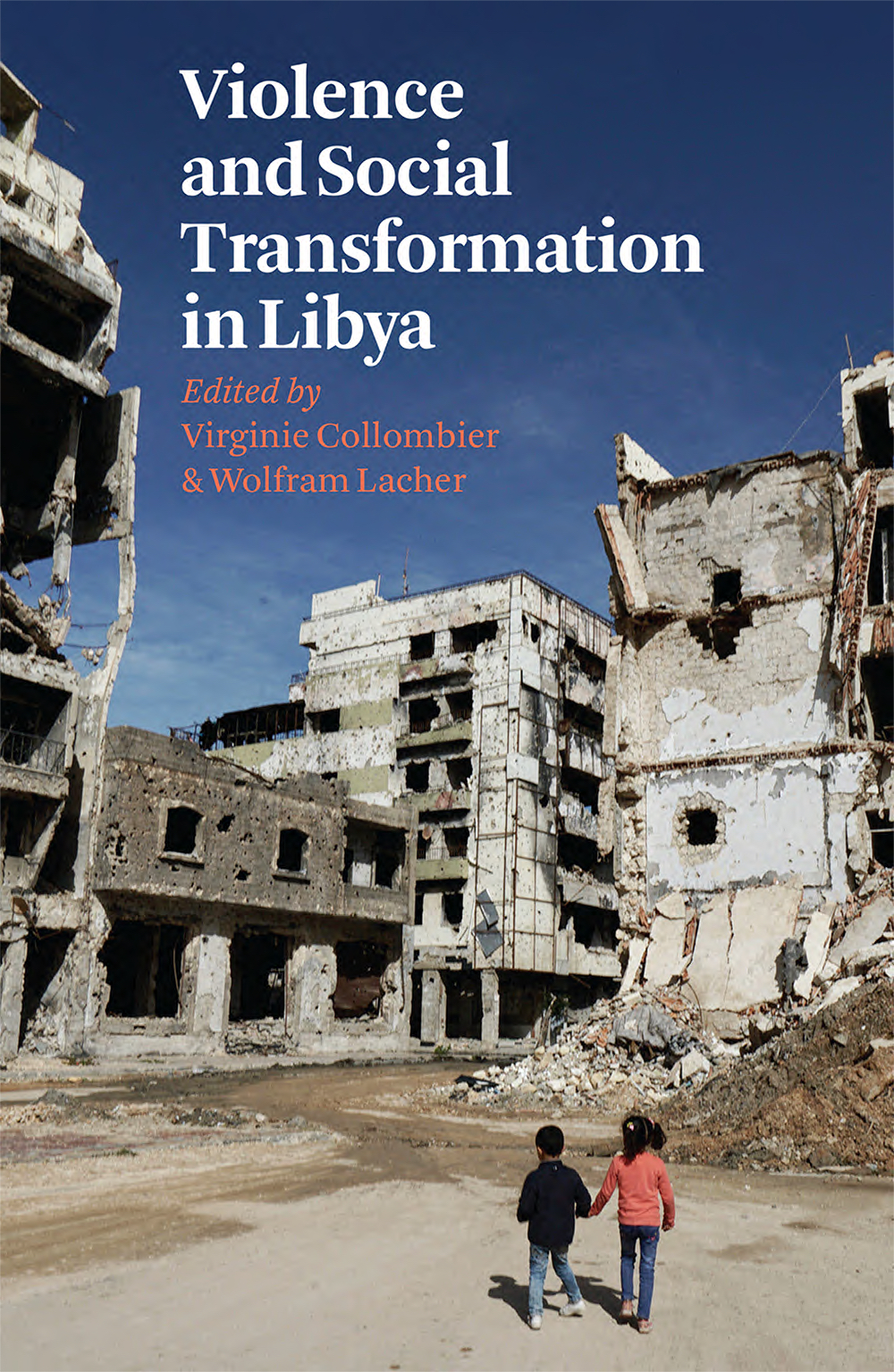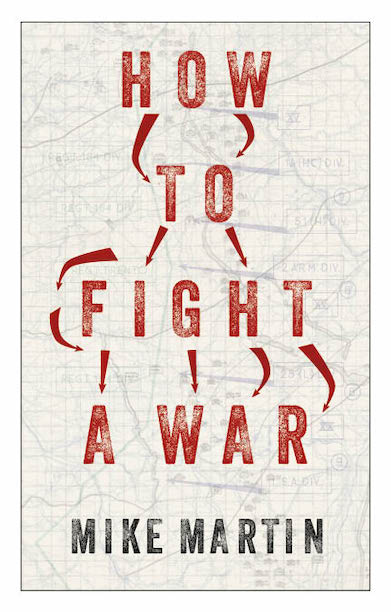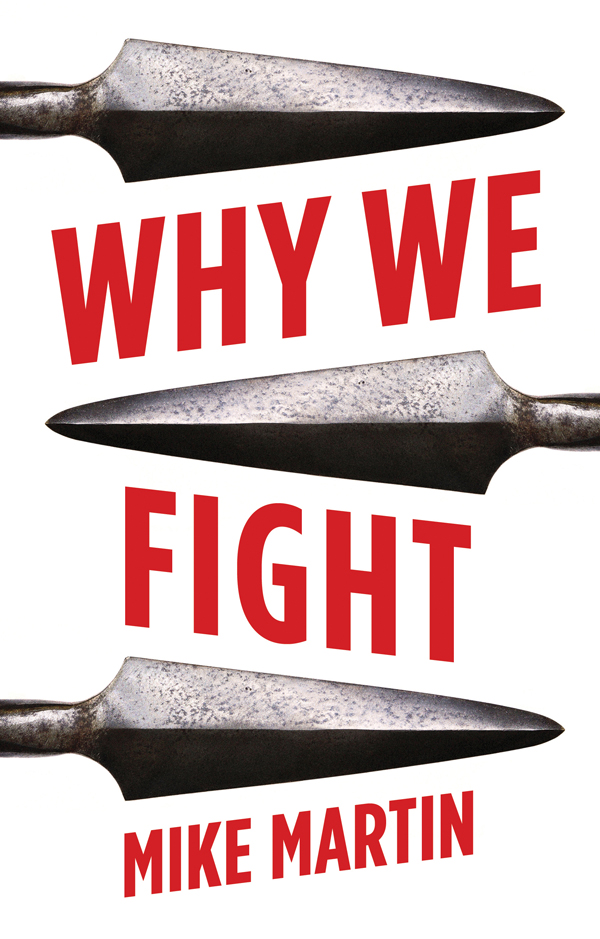Mercenaries, Pirates, Bandits and Empires
Private Violence in Historical Context
‘Thought-provoking and refreshing … this book should be required reading in all international relations classes’. – Ronnie D. Lipschutz, Professor of Politics, University of California, Santa Cruz
Description
In a world dominated by nation-states, expressions of private violence have generally been neglected: either as relics of a more disorganised world or as marginal nuisances to states themselves. The prevalence and centrality of private violence in the past and present warns against such complacency. An increasing academic interest in ‘non-state’ or private violence in International Relations has been mirrored in the world of policy as terrorists, insurgents, private military companies, and more recently pirates, have all become the focus of international security. Despite the increasing interest, the historical analysis of such actors has not been at a premium. This volume seeks to rectify this gap. Setting private violence in an historical context the contributors consider the development of private violence in time, as well as offering a comparative analysis of its unfolding across different geographical planes. The nine chapters that form the volume critically explore the lives of pirates, privateers, mercenaries, warlords, bandits and smugglers – groups of men (and occasionally women) that have sustained themselves and their kin principally through recourse to violence, but generally from outside or on the margins of public, state authority. They underline ways in which private violence acts both as a threat to existing forms of social order, and as a vehicle of empowerment for the established political authorities.
Reviews
‘The chapters in Mercenaries, Pirates, Bandits and Empires are thought-provoking and refreshing and offer an important reminder that the ‘new’ is sometimes quite old and that distinctions such as ‘public’ and ‘private’, and ‘states’ and ‘markets’ may be more a reflection of disciplinary and social hegemony than the actual organisation of global power relations. The book should be required reading in all international relations classes’. – Ronnie D. Lipschutz, Professor of Politics, University of California, Santa Cruz
‘”Privatised” violence has often been presented as a novel feature of contemporary warfare: this wide-ranging volume shows that it has deep and wide historical roots. This is an important collection, which not only provides valuable overviews of major cases, but reconfigures the ways in which International Relations views states and empires, public and private realms, in the context of war’. – Professor Martin Shaw, University of Sussex, author of, inter alia, The New Western Way of War and What is Genocide?
Editor(s)
Alejandro Colas is Senior Lecturer in International Relations at Birkbeck College, University of London, and the author of Empire and International Civil Society (both published by Polity).
Bryan Mabee is Senior Lecturer in International Politics at Queen Mary, University of London. He is the author of The Globalization of Security: State Power, Security Provision and Legitimacy.
